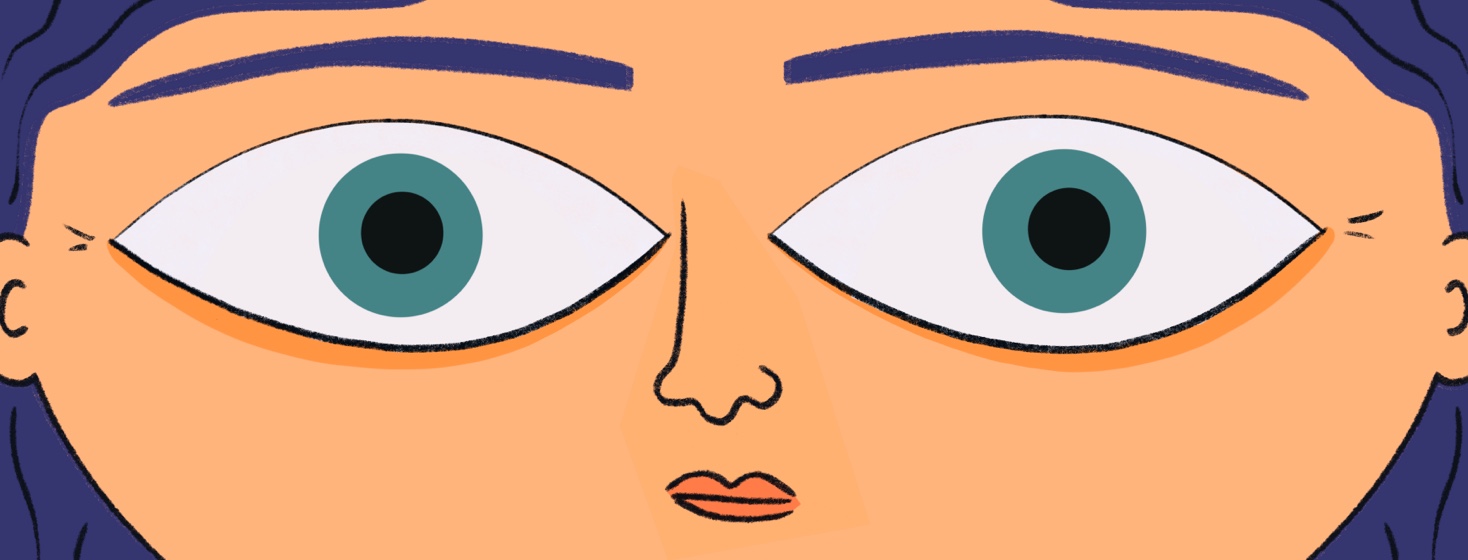Lesser-Known Seizure Symptoms
A seizure is a short change in normal brain activity. This can cause changes in behavior, movement, or awareness. Symptoms like jerking and shaking movements are easy to notice. But there are many symptoms that are less obvious, such as rapid blinking and laughing.1
According to surveys of US adults, only:1,2
- 35 percent or less know the subtle (less obvious) signs of a seizure
- 20 percent feel confident helping someone who is having a seizure
- 16 percent feel well-informed about epilepsy
Diagnosing a seizure early can lead to earlier treatment. This can improve quality of life and reduce the risks linked to seizures. Talk to your doctor if you notice any odd behaviors. Your doctor can help determine if these behaviors are caused by a seizure.1
What are signs of a seizure?
Many people know the most obvious signs of a seizure. Falling to the ground with jerking and shaking movements is the classic sign of a generalized tonic-clonic seizure. But symptoms of other seizure types can be more subtle.1,3-5
Some lesser-known signs of a seizure include:1,3,4,6,7
- Smacking lips
- Losing awareness or staring into space
- Not being able to talk
- Numbness or tingling
- Blinking rapidly
- Pleasant or unpleasant smell
- Sudden changes in emotion, such as crying, laughing, or screaming
Many people do not recognize these as signs of a seizure. A recent survey found that about 1 in 3 American adults believe numbness, tingling, or rapid blinking are signs of a seizure. Even fewer believe crying or laughing can be signs. Many people dismiss symptoms as daydreaming or a brief pause in attention.1
Signs of a seizure are easier to notice when they involve a loss of awareness. Nearby people or loved ones may notice this better than the person having the seizure. When there is no loss of awareness, the person having the seizure may be more likely to notice.1
What should I do if I notice signs of a seizure?
Most seizures are not medical emergencies. However, call 911 if:3,6
- The seizure lasts more than 5 minutes
- The person is not breathing
- A second seizure happens right after the first
- The person is pregnant or has diabetes
- The seizure caused an injury
Most seizures last 30 seconds to 2 minutes. If you think someone is having a seizure, sit or lay them down. Remove nearby objects that may be harmful. Reassure them during the seizure. You may need to explain what happened after the seizure is over.1,6,7
Talk to your doctor if you notice any odd behaviors or actions in yourself. Write down details about what you feel and how long they last. If you can, record the possible seizure on video for your doctor. This can help them determine a cause.7
What can happen if seizure signs go unnoticed?
Lesser-known signs of a seizure can make everyday activities dangerous. For example, losing awareness or staring into space can increase risk of injury. Seizures can be more dangerous when they happen while driving, cooking, or swimming.1
The more subtle symptoms can also affect daily activities. Knowing something is wrong but being unable to explain it can cause confusion. Random changes in behavior can affect your mental well-being.1
Fortunately, anti-seizure drugs and lifestyle changes often help control symptoms. Recognizing symptoms and talking to your doctor can help you get diagnosed and treated earlier. This can reduce the burden of seizures. Ignoring or missing symptoms can prevent you from getting treatment.1

Join the conversation